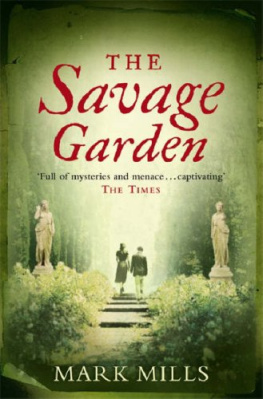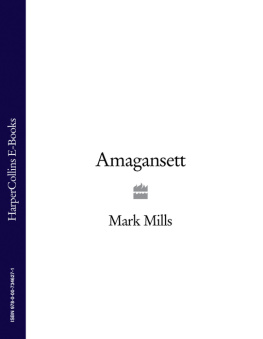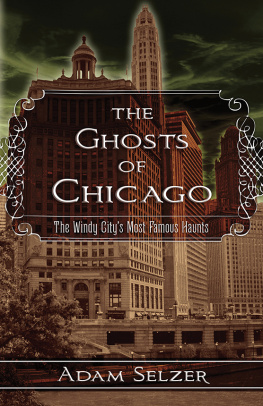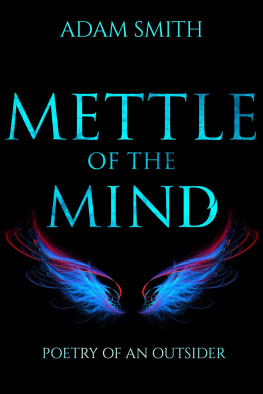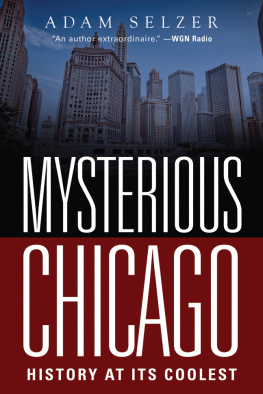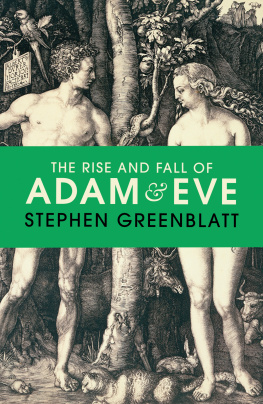The Savage Garden
Mark Mills
This is a work of fiction. Names, characters, places,and incidents either are the product of the author's
imagination or are used fictitiously, and anyresemblance to actual persons, living or dead,
business establishments, events, or locales isentirely coincidental. The publisher does not have any control over
and does not assume responsibility for author orthird-party websites or their content.
Copyright 2007 by Mark Mills.
"Readers Guide" copyright 2008 by PenguinGroup (USA) Inc.
Text design by Meighan Cavanaugh.
All rights reserved.
No part of this book may be reproduced, scanned, ordistributed in any printed or electronic form without permission.
Please do not participate in or encourage piracy ofcopyrighted materials in violation of
the author's rights. Purchase only authorizededitions.
BERKLEY is a registered trademark of Penguin Group(USA) Inc.
The "B" design is a trademark belonging toPenguin Group (USA) Inc.
The Library of Congress has catalogued the G. P.Putnam's Sons hardcover edition of this book as follows:
Mills, Mark, date.
The savage garden / Mark Mills.
p. cm.
ISBN: 1-4362-1508-0
1. College teachersFiction. 2. CollegestudentsFiction. 3. EnglandFiction. 4. ItalyFiction.
5. College stories. I. Title.
Acknowledgments
My thanks, as ever, go to my inimitable agent andfriend Stephanie Cabot forwellbeing Stephanie Cabot;
to my editors Julia Wisdom and
Rachel Kahan for their enthusiasm, wisdom andguidance; and to my
wife, Caroline, for her tireless patience andencouragement.
I am also extremely grateful to Francis and RachelHamel-Cooke,
Anne O'Brien and Jane Hall, as well as Charles andAngela Cottrell- Dormer,
whose hospitality and generosity of spirit account formuch
more of this book than they are probably aware.

For Caroline, Gus and Rosie
We shall not cease from exploration
And the end of all our exploring
Will be to arrive where we started
And know the place for the first time.
T. S. ELIOT, " Little Gidding"
August1958
LATER,WHEN IT WAS OVER, HE CAST HIS THOUGHTS BACK to that sunstruck May day inCambridgewhere it had all begun and asked himself whether he would have doneanything differently, knowing what he now did.
Itwas not a question easily answered.
Hebarely recognized himself in the carefree young man cycling along the towpathbeside the river, bucking over the ruts, the bottle of wine dancing around inthe bike basket.
Tryas he might, he couldn't penetrate the workings of that stranger's mind, letalone say with any certainty how he would have dealt with the news that murderlay in wait for him, just around the corner.

HEWAS KNOWN, PRIMARILY, FOR HIS MARROWS.
Thismade him a figure of considerable suspicion to the ladies of the HorticulturalSociety, who, until his arrival on the scene, had vied quite happily amongstthemselves for the most coveted award in the vegetable class at their annualshow. The fact that he was a newcomer to the village no doubt fueled theirresentments; that he lived alone with a "housekeeper" some yearsyounger than himself, a woman whose cast of countenance could only be describedas "Oriental," permitted them to bury the pain of defeat in maliciousgossip.
Thatfirst year he carried off the prize, I can recall Mrs. Meade and her cronieshuddled together at the back of the marquee, like cows before a gatheringstorm. I can also remember the vicar, somewhat the worse for wear after anenthusiastic sampling of the cider entries, handing down his verdict on themarrow category. With an air of almost lascivious relish, he declared Mr.Atherton's prodigious specimen to be "positively tumescent" (therebyreinforcing my own suspicions about the good reverend).
Mr.Atherton, tall, lean and slightly stooped by his seventysome years, approachedthe podium without the aid of his walking stick. He graciously accepted thecertificate (and the bottle of elderflower cordial that accompanied it), thenreturned to his chair. I happened to be seated beside him that warm, blusteryafternoon, and while the canvas snapped in the wind and the vicar slurred hisway through a heartfelt tribute to all who had submitted Victoria sponges, Mr.Atherton inclined his head toward me, a look of quiet mischief in his eyes.
"Doyou think they'll ever forgive me?" he muttered under his breath.
Iknew exactly whom he was talking about.
"Oh,I doubt it," I replied, "I doubt it very much."
Thesewere the first words we had ever exchanged, though it was not the first time Ihad elicited a smile from him. Earlier that summer, I had caught him observingme with an amused expression from beneath a Panama hat. He had been seated in adeck chair on the boundary of the cricket pitch, and a burly, lower-orderbatsman from Droxford had just hit me for "six" three times in quicksuccession, effectively sealing yet another ignoble defeat for the Hambledon2nd XI.
Adamturned the sheet over, expecting to read on. The page was blank.
"That'sit?" he asked.
"Evidently,"said Gloria. "What do you think?" "It's good."
"Good?'Good' is like 'nice.' 'Good' is what mothers say about children who don'tmisbehave. Boring children! For God's sake, Adam, this is my novel we'retalking about."
Probablybest not to mention the overzealous use of commas. "Very good.Excellent," he said.
Gloriapouted a wary forgiveness, her breasts straining against the material of hercotton print dress as she leaned toward him. "It's just the opening, butit's intriguing, don't you think?"
"Intriguing.Yes. Very mysterious. Who is this Mr. Atherton with the prodigiousmarrows?"
"Aha!"she trumpeted. "You see? Page one and you're already asking questions.That's good."
Heraised an eyebrow at her choice of adjective but she didn't appear to notice.
"Whodo you think he is? Or more to the point: What do you think heis?"
Shewas losing him now. The wine wasn't helping, unpalatably warm in the afternoonheat, a wasp buzzing forlornly around the neck of the bottle.
"Ireally don't know."
Gloriaswept the wasp aside with the back of her hand and filled her glass, topping upAdam's as an afterthought.
"He'sa German spy," she announced.
"AGerman spy?"
"That'sright. You see, it's wartime1940, to be preciseand while the Battle ofBritain rages in the skies above a small Hampshire village, an altogetherdifferent battle is about to unfold on the ground. As above"
"sobelow."
Werethey really quoting Hermes Trismegistus at each other over this?
"Ithink it was Kent," said Adam.
"Kent?""The Battle of BritainKent and a bit of Sussex, not Hampshire."
Thisnews was clearly something of a blow to Gloria.
"Well,maybe some of the planes, I don't know, went astray or something."
Adamlooked doubtful.
"Damn,"said Gloria, "I wanted dogfights in the sky."
"Thenmove it to Kent."
"Ithas to be Hampshire."
"Why?"
Heregretted the question almost immediately.
"Becauseit's all about a secret submarine base in Portsmouth harbor."

